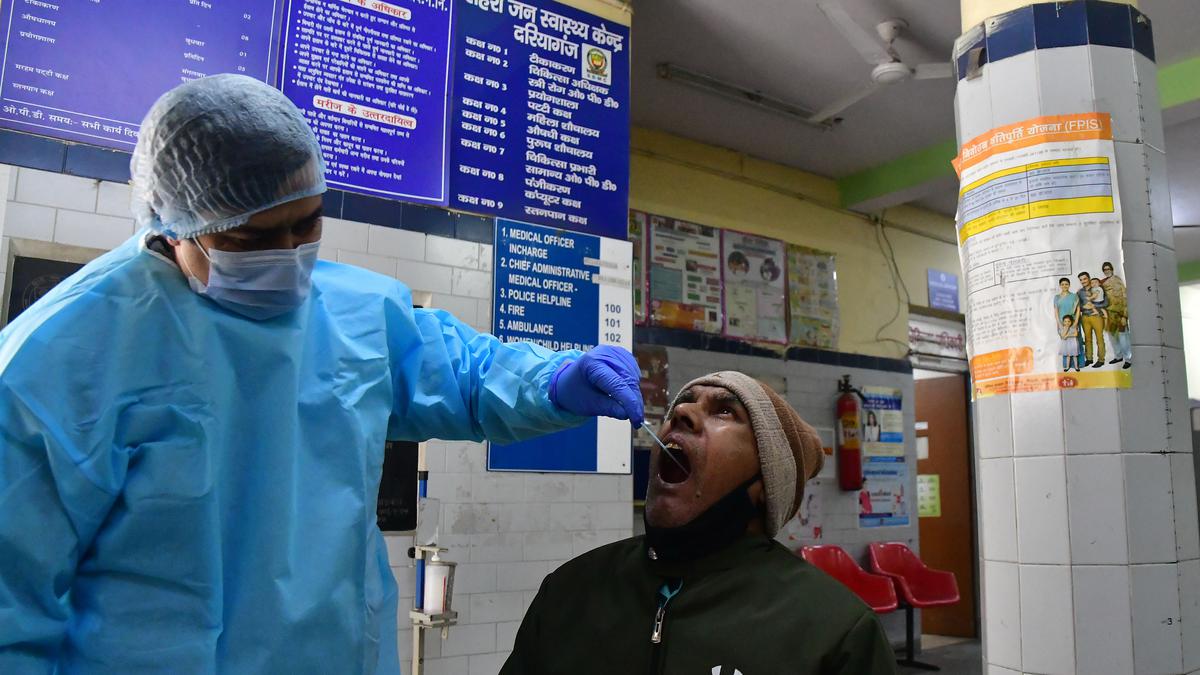
Study shows COVID-19 variant XBB is highly infectious, favours booster dose to protect people
The Hindu
A cohort study, which has indicated that one of Omicron’s subvariant, XBB, is highly evasive from available vaccines as 81.1% of the studied infected persons were vaccinated, has highlighted the urgent need for polyvalent vaccines, while underscoring the need for continuous genomic surveillance of SARS-COV-2 to keep a close watch on the emergence of new variants in the community.
A cohort study, which has indicated that one of Omicron’s subvariant, XBB, is highly evasive from available vaccines as 81.1% of the studied infected persons were vaccinated, has highlighted the urgent need for polyvalent vaccines. It also underscores the need for continuous genomic surveillance of SARS-COV-2 to keep a close watch on the emergence of new variants in the community.
Tamil Nadu’s State Public Health Laboratory (SPHL), where a whole genome sequencing (WGS) laboratory is functioning, decided to take a closer look at samples that tested positive for XBB variants of Omicron reported from September 2022 to January 2023.
This was following a surge in COVID-19 cases during September 2022 with reports of several breakthrough infections and re-infections in the community.
The findings and recommendations of the study — clinical characteristics and novel mutations of Omicron subvariant XBB in Tamil Nadu, India — a cohort study - was recently published in The Lancet Regional Health-South East Asia.
T.S. Selvavinayagam, Director of Public Health and Preventive Medicine, was the study’s lead author.
Of the 2,085 COVID-19 samples sequenced during that period, 420 were reported as XBB (20.14%) variants in the State.
Of this, 244 were selected based on collective information to study the clinico-demography of the cohort and 98 were selected for sequence studies. XBB.3 was the predominant sub-lineage of XBB identified in the study population, infecting 139 individuals; 57% of the total cases in the cohort. Next was XBB.1 that was seen in 56 individuals.













